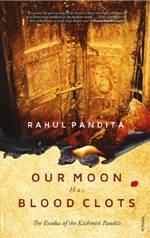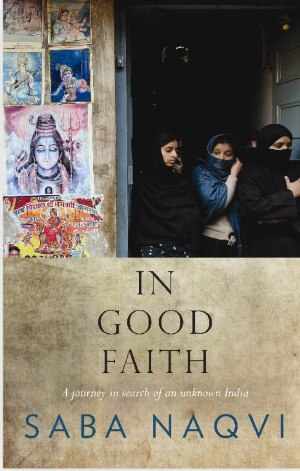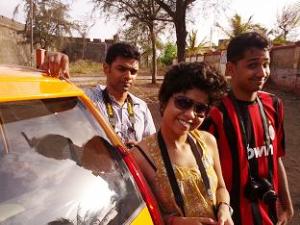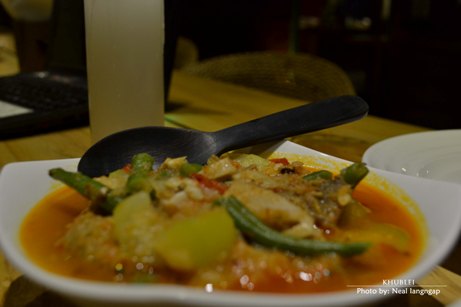One hot July afternoon in 1993, I reached Chandigarh after I decided to join college there. We had been living in Jammu for three years after our exodus from the Kashmir valley. For me, Jammu was a dreary, repulsive hole. I felt stifled there. I fared averagely in my studies. I had no interest in textbooks. My classmates went to one professor after another, nodding attentively during their lectures, diligently copying reams of notes, and then returned home late in the night and practiced theorems and other such horrors.
I went there because everyone else went, and because a girl I was in love with went there as well. While she studied hard, I read a Neruda poem in my English textbook and got hooked to it. It was a poem titled: “Tonight I can write the saddest lines.” I read Dickens, and from God knows where lay my hands upon collected stories of Anton Chekhov. It took a lot of convincing and an act of rebellion against my father to enable myself to join college in Chandigarh. I don’t know how I managed but I managed.
I think it was in the third month of my college that I met a boy older than me who studied English literature at the Punjab University. In his dark room, I saw Sir Vidia’s A Bend In The River. I remember opening it and reading its first line and getting Goosebumps all over my body: “The world is what it is; men who are nothing, who allow themselves to be nothing, have no place in it.” It is then that my inner grain was completely altered. It is then that I decided to become a writer. It is then that I decided to write what was published twenty years later in the form of Our Moon Has Blood Clots.
I began writing passages of my experiences and that of my family in Kashmir valley. I remembered the dark night of January 19, 1990, when we were brutalized by the majority community in Kashmir. I remembered the first summer in the plains of Jammu. I remembered the sleeplessness of the humid nights. But my language was raw, and I was not sure whether the passages I wrote in a lined notebook could ever become literature.
Three years later, in 1996, I came to Delhi and became a journalist. The lined notebook was lost. I worked with television and there was no time to write anything. But Sir Vidia’s line stayed with me. It gave me a swagger in my mind. In 2000, I began writing my story again and then gave up. In 2003-04, I began again. By the end of 2004, I was not sure where I was going. My memoir was turning into a novel. By 2008, I was not sure whether someone would be interested in our truth. Meanwhile, two books, based on my experiences in the Maoist areas, happened.
I finally returned to it in 2010. I had become confident as a storyteller. Whatever doubts I had in my mind were put to rest by my editor Meru Gokhale who I met along with her husband, the writer Patrick French, in a café in New Delhi’s Khan Market. “You must write it as a memoir,” she said. And that was it. Later from London, she sent me a note on what Sir Vidia thought about writing. Whenever I had doubts, I referred to it.
A day before the launch of the book in January this year, Patrick, Meru and I met again at the Khan market. We drank and laughed as Meru and I recalled our numerous debates over the edit of the book. Later, Patrick and I were alone for a moment and he ran his fingers on a passage that had made him very emotional. Since he is Sir Vidia’s biographer, I wanted to ask him whether Sir Vidia would have liked it.
I didn’t. The swagger, thanks to Sir Vidia’s immortal lines, stays.
Find us on facebook: facebook.com/TheThumbPrintMag







































